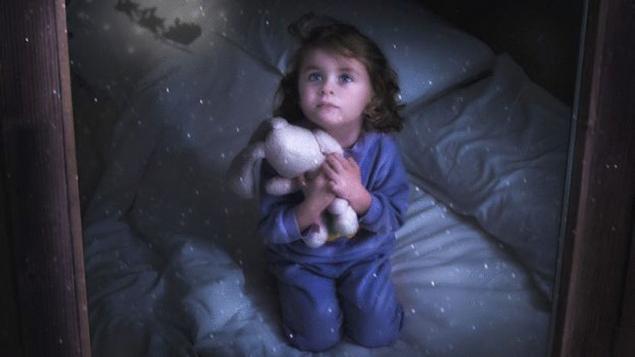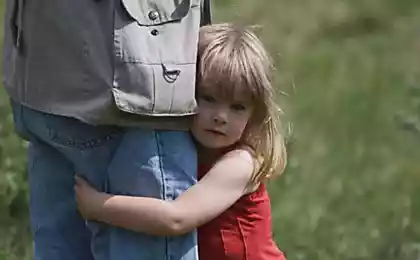393
Childhood fantasies and fears

Imagination children have somewhere in 3 years and it is affecting the creative abilities of the child. So, if he just ran the toys, now starts to dream up different compositions and subjects. The baby begins to animate the objects that surround it. He feels safe when close to adults. But when an adult goes, this feeling disappears. At this age, the line between the fictional and the real world is very thin, and therefore, these two worlds often mixed. And then there are various fears.
The outside world for a child is foreign and dangerous. And the house is protection. All sorts of Windows, door openings or even spots on the wall may seem to him the door from this world to the next, and Vice versa.
The emergence of fears of a child is a very normal stage in development. Then he will learn to live with them, try to overcome them and win. Fear can be absolutely different objects and phenomena: description of fears could make a whole book, but about every case, you need to speak individually.
Loving parents can help the child to overcome his fears, we just need to remember a few rules:
— Support your son or daughter and not laugh at the fears, even when they seem stupid. Tell us about your childhood fears and how you managed to overcome them. Explain that everyone is afraid of something and it's completely normal.
— Do not be intimidated. For example, when you explain the safety rules, do not need to focus on the dangers – it may Wake the baby. Also never try to scare him that in case of disobedience, give it to an orphanage or police station. It is clear that you don't mean it seriously, but a child takes what you say for the truth.
— To switch attention of the kid: if he was afraid of something, just take his game or something to distract. Do not demand too much of him. Your pressure or frequent punishment can also produce children's fears.
— Batch impression: limit the viewing of programs, where the show something terrible. It can be as real and fairytale or cartoon characters. Tell stories and tell tales, where the character is like your child and he, too, is afraid of something, but in the end, cope with their fears.
Stay close: your child should feel that he is not alone that it is protected. This is especially true when it hurt.
Tatyana Polenova
Source: efamily.ru























